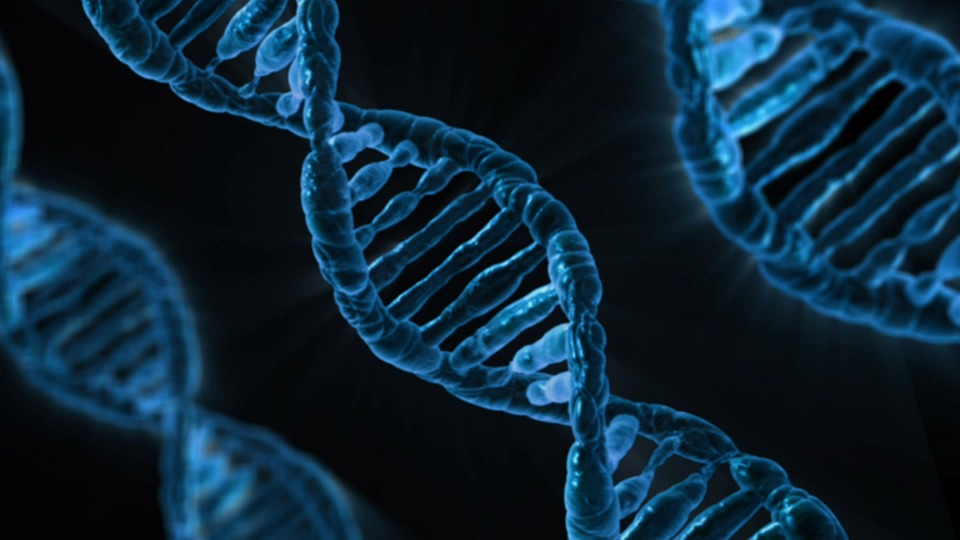Designing the perfect human being has always been a topic of deep controversy within our collective anthropology. Eugenics, as it is often referred to, has existed in some form since ancient Rome, where newborns deemed unfit in physical qualities faced legal infanticide. Even in the early 20th-century United States, forced sterilizations and marriage prohibition prevented the births of people with mental and developmental diseases.
It was not until the 1990s that selecting for traits prior to birth became prevalent. Preimplantation Genetic Diagnosis is used to perform this task by screening genomes in newly formed embryo shortly after in-vitro fertilization.
Although parents utilize this procedure primarily to prevent bearing children who would certainly inherit debilitating and lethal diseases, PGD also has the potential to design infants on more cosmetic criteria.
In China, studies, though not involving human subjects, have already been done to examine if PGD can select for traits such as athletic ability or intelligence. Genetic counselors can even be hired to determine what profession a particular child is most suited for based on his or her genome. This has caused some ethicists to warn against a Huxleyan world, a society based on a caste system that consigns our fate to our genes, stripping us of our self determination.
In other cases, deaf parents have utilized PGD to genetically select for their own children to be deaf. In their own defense, they claim that many who are deaf do not view this condition as a disability at all and even oppose the implantation of cochlear implants that could restore their hearing to a degree. Others find these parents’ behaviors appalling and unethical. Slate magazine even referred to this practice as “the deliberate crippling of children.” It is no surprise, then, that in the past decade, our society has increasingly viewed this new form of eugenics as a harbinger of a dystopic society that could marginalize those who were not designed the right way.
These critical fears of eugenics, which have gripped our collective consciousness for so long, ignite crucial ethical debate when our modern technology has brought us so close to its realization. We must examine if it is — as popular media believes — our unrestricted scientific conquests that explains our trajectory into moral oblivion.
When reflecting upon the realities eugenics can play in our future, one finds oneself contemplating what it means to be designed perfect, disabled or with a predetermined fate. Are these things to be feared because they could result in oppression and chaos?
In order to answer these questions, we must look deep into the heart of our own society, where we can find parallels to the supposed consequences of eugenics that are already realized.
Racism, sexism, homophobia, religious intolerance and ableism are just as capable of murder, discrimination, marginalization and constructing a social caste system. How would a society based on genetic superiority possibly be any worse? Most importantly, we must be willing to face the reality that arguments like the sensationalist dissent on eugenics, which aims to frighten with an imaginary dystopia of the future, blinds us to the very real one we are living in today.
Those who find disgust in the acts of deaf parents who select for their children to share their same unique life experiences need not look into the future to envision a society where those born without the “perfect” genes can lead second-class lives. Simply examining the plight of racial minorities in our country is adequate.
As obvious as it is that the deaf cannot hear, it is just as true that African-Americans are more likely than any other race to die by police brutality and face incarceration and racial discrimination. Yet I wonder how many African-Americans feel so hopeless that they are willing to genetically alter their children to be white to elude these racially debilitating challenges. In this intoxicating exercise of “worrying about the future,” have we once considered which individual truly suffers more in life today? Which group of children are already born socially “crippled” in the greatest abundance? The average naturally deaf white American or an African-American with all of his senses?
In the midst of all the controversy surrounding eugenics experiments, claiming it could conceive children who are slaves to their genetic code by designing them to perform particular roles in society in the future, I wonder if people are aware that right now, we have consigned ourselves to our own social institutions by consciously and subconsciously perpetuating ideals of patriarchy, using stereotype and encouraging our own children to conform to harmful societal expectations to the outrage of no one.
What then, makes eugenics feel so nebulous to us? Do the dangers it can offer us tomorrow really matter if we cannot overcome our problems of today?
If our world has any hope of avoiding dystopia, we must recognize that it does not become reality through our accidental designing of a breed of superhuman oppressors; it does not spontaneously erupt from science experiments that spiral out of control. Dystopia is implemented when we surrender to our own neurosis with selfishness, jealousy and the desire to oppress others, when we write these moral failings off as “human nature.” Dystopia only exists when society does not perceive it is living in one.
We must then recognize that no matter how we are born, the hope for our future has always depended on our humanity, and not the things we make. Indeed, If we are to ever create a perfect human being, this is the sole responsibility it must bear; and humanity is not something we can select for in our genes.
Patrick An, opinion editor, is a senior physiology and neurobiology major. He can be reached at patandbk@gmail.com.



